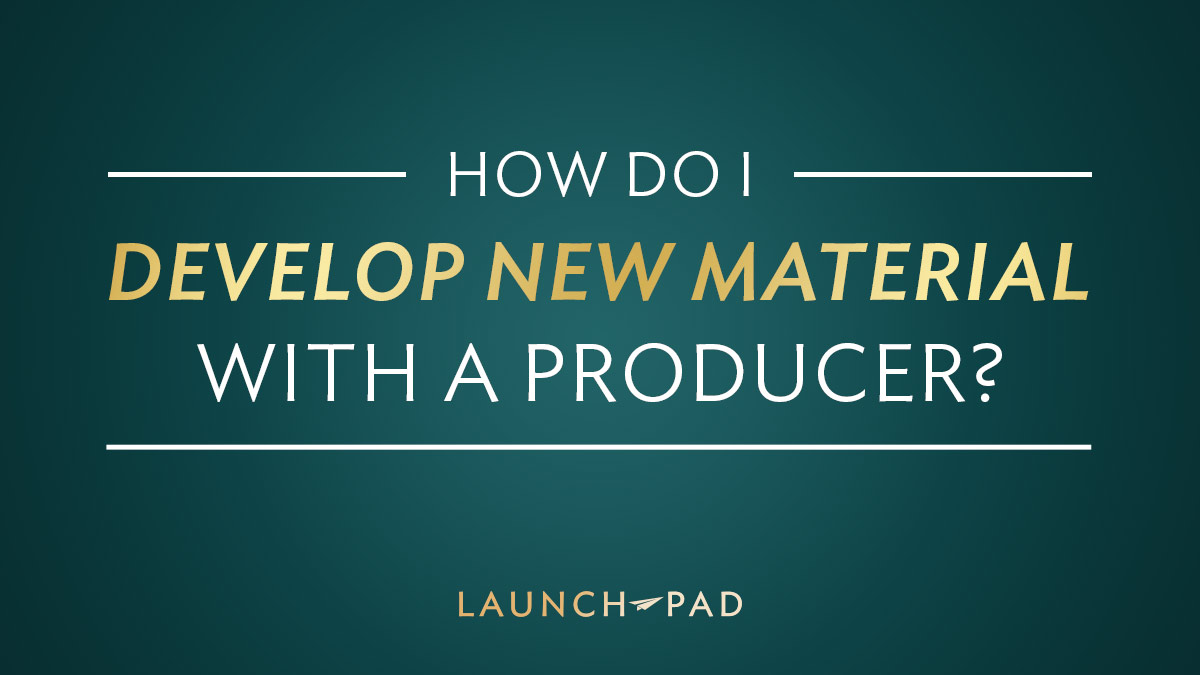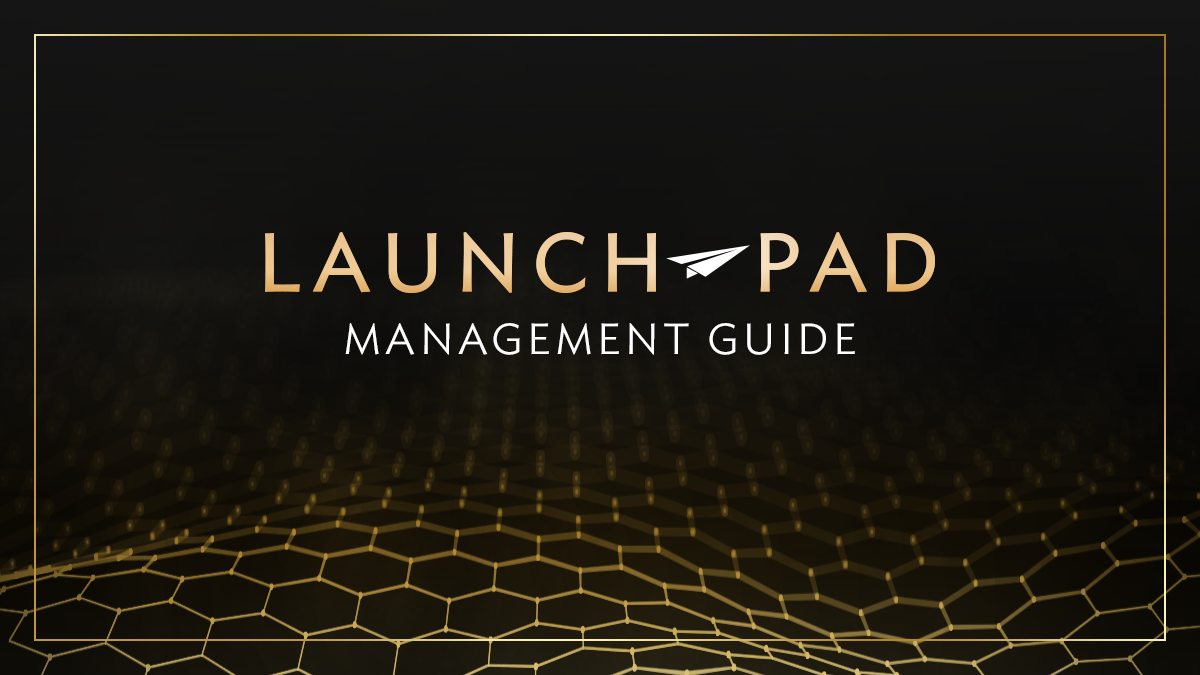
So you’re looking to develop new material with a producer…
How did you get here? Maybe you had a general meeting with a producer that went well, and want to pitch something together. Maybe the producer already has an idea in mind, but they are looking for a writer or co-writer to round out the creative team. Maybe you brought your own idea to a producer — a pilot or play or novel that you think has legs for TV — and there’s interest in developing it further.
The roads that lead to developing new material with a producer are many, as are the paths ahead. But with a sense of what to expect, you’ll be able to navigate the journey with more confidence.
What Does Development Look Like?
Big picture, you’ll develop new material with a producer in order to pitch it to network and streaming executives and hopefully sell it and see it all the way through to a series order.
In the beginning, you’ll have to develop the idea. This is something your producer can help you with, offering feedback and direction. But at its core, the creation of the pitch document and pitch deck, should you want to include one, falls to the writer.
The process of conceiving the pitch and developing the materials to pitch can take weeks or months, and in that period you’ll be getting notes from your producing team that may at times leave you feeling like you’re spinning in circles. This is where the phrase ‘development hell’ comes in, especially considering there is rarely compensation involved in this part of the process. But in a good relationship between writer and producer, the development process will be reasonably paced and always in service of crafting the most undeniable pitch for the story you want to tell– and sell!
What to Bring to the Table
Again, there are lots of ways you may have found yourself at this proverbial table. But there are some things you’ll want to be ready with from the beginning.
Passion and stamina
Because this is no sprint! You’ll need to convince a lot of people over many months that your story is compelling, urgent, and must-see TV. If you aren’t really sure you’re interested in the idea, especially if it is a piece of IP and not an original idea, then you’ll want to consider whether the long road of development makes sense for you. And even if it is an idea you love, you’ll get notes that may sometimes deflate you. So you’ll need creative and psychological stamina along the way to keep your artistic vision intact as you work and re-work and re-work again.
Ideas, duh.
But seriously, that is the engine that will get you from point A to B and beyond. You’ll want to come in with a general take on the project, major story arcs, character, the world and tone of the show, and the shape of the pilot episode. But as you work with your producer and team to develop the pitch, there will be many moments in which new ideas will need to replace old ones or alternate ideas will help refine the shape of the pitch. You’ll need to be comfortable not only generating ideas for your first take but coming up with new or alternative pitches along the way– sometimes even completely re-thinking your original approach.
How to Pitch Ideas
When you pitch an idea to a producer, you may be asked to speak through it casually in a more open-ended, collaborative way. You may also be asked to pitch the idea in more of a performance/presentational way, almost an early rehearsal of what you will eventually do when you pitch to networks.
When you pitch, think about your audience. They hear pitches constantly. How can you arrest their attention? Don’t be afraid to speak personally about what you can bring to the material. A personal vignette that ties right into the heart of your material is a great way to open things. Try to find the balance between giving enough detail that the audience can follow along, but not overloading the pitch with more detail than is necessary at first blush.
As writers, we must think deeply about every bit of our characters’ lives and arcs. But not all of this belongs in the pitch. Remember: this is essentially a marketing tool. Be bold, specific, and efficient.
How to Respond to Notes
Notes are never “fun,” but they are an inevitable part of a writer’s job. As you develop your pitch, you’ll hear feedback from your producer regularly. Don’t take it personally if you put a pitch document together that you feel great about, but your producer comes back with notes that make you feel you’ll have to tear everything apart. The more you edit and refine, the better you understand your story and how to get executives to bite.
That being said, an idea can be “noted to death.” If you are many months and even more drafts into development, but you can’t seem to settle on a pitch that feels ready to take out, consider taking a break. Work on something else for a few weeks; just let that idea rest and return to it fresh. That may be the space you need to take a fresh, exciting crack at the work, or it may be the moment you realize it’s time to park it for good.
Through it all, remember what made you want to tell this story in the first place.



